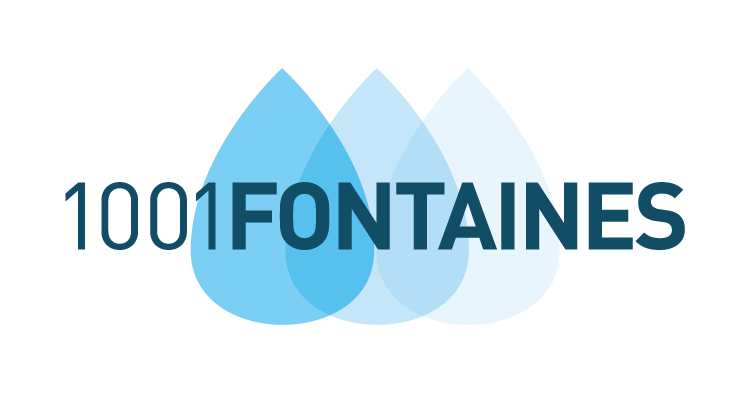Annual Report 2021
Ensuring the most vulnerable can access safe drinking water

Julien Ancele,
CEO 1001fontaines
Dear friends,
As we all struggle to come out of the pandemic and its consequences, we have to acknowledge that now, more than ever, there is the need to build sustainable systems.
The global dysfunctions resulting from this exceptional context have largely impacted vulnerable communities. As a result, many of them have fallen back in poverty and have seen hard-won development gains slip back out of reach.
Addressing the needs of these populations is the core purpose of 1001fontaines. We are convinced that access to safe drinking water is a crucial starting point to generate sustainable development.
As of 2021, almost a million people across the world can bear testimony to drinking safe water having changed their lives. Improved health, better educational experience, economic gains and improved environmental footprint all contribute to the holistic impacts arising from accessing safe water
From the bottom of my heart, I would like to thank Jean-François Rambicur for his outstanding contribution and impact over the last 12 years, and welcome Yves Bernaert as the new Chairman of 1001fontaines.
Thanks to your support, we work to replicate this model every day and ensure more people continue to benefit from the virtuous circle generated by safe drinking water.
Yours faithfully,
Julien

How we operate
1001fontaines sets up safe drinking water production units and ensures the distribution of 20L bottles up to the last mile, thus guaranteeing quality to the point of use. Bottles are sold at an affordable price for all, making these safely managed services universal.
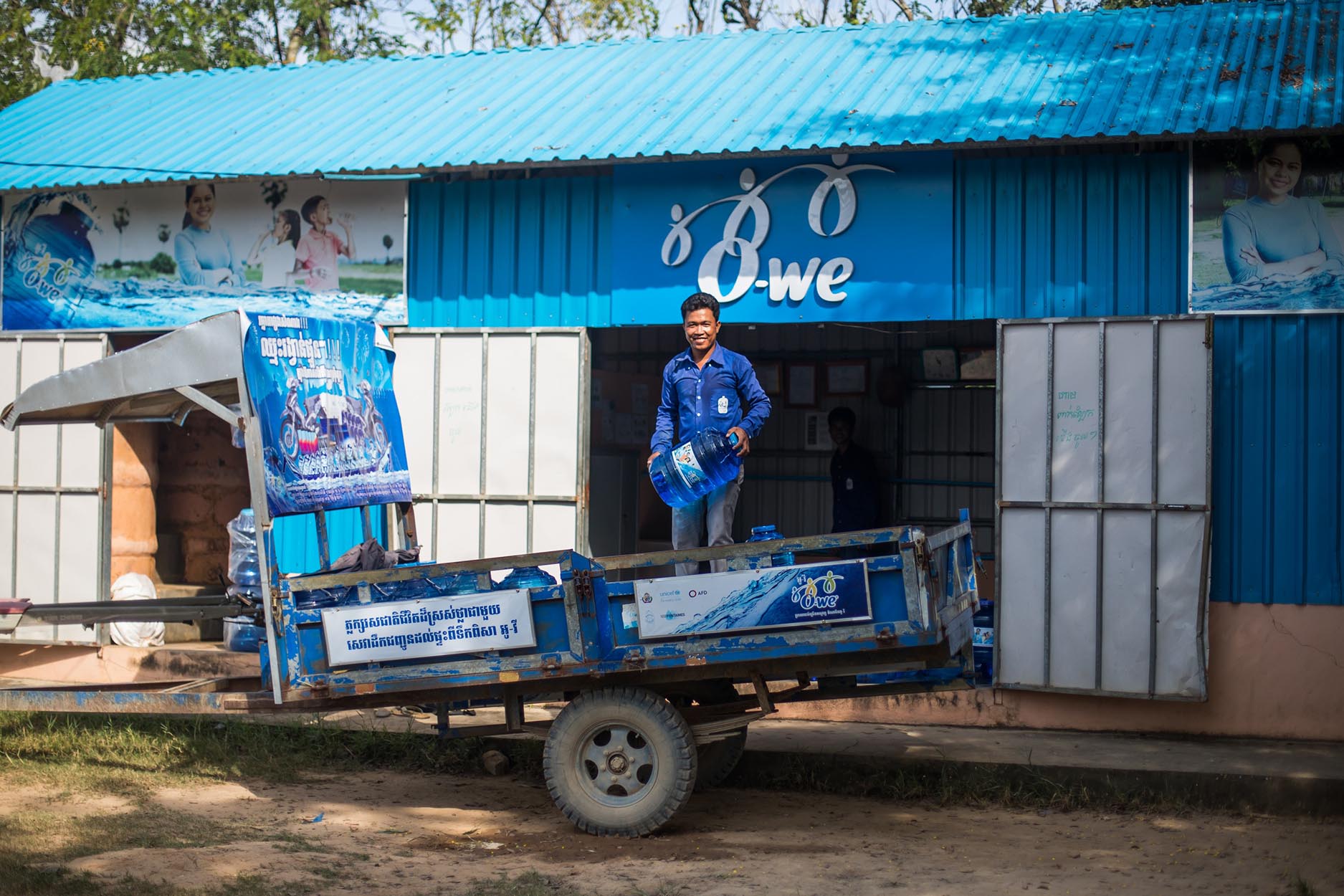
In rural areas, both production and distribution are directly set up in targeted communities through a network of water kiosks, sustainably supported by a country-level franchising organization.
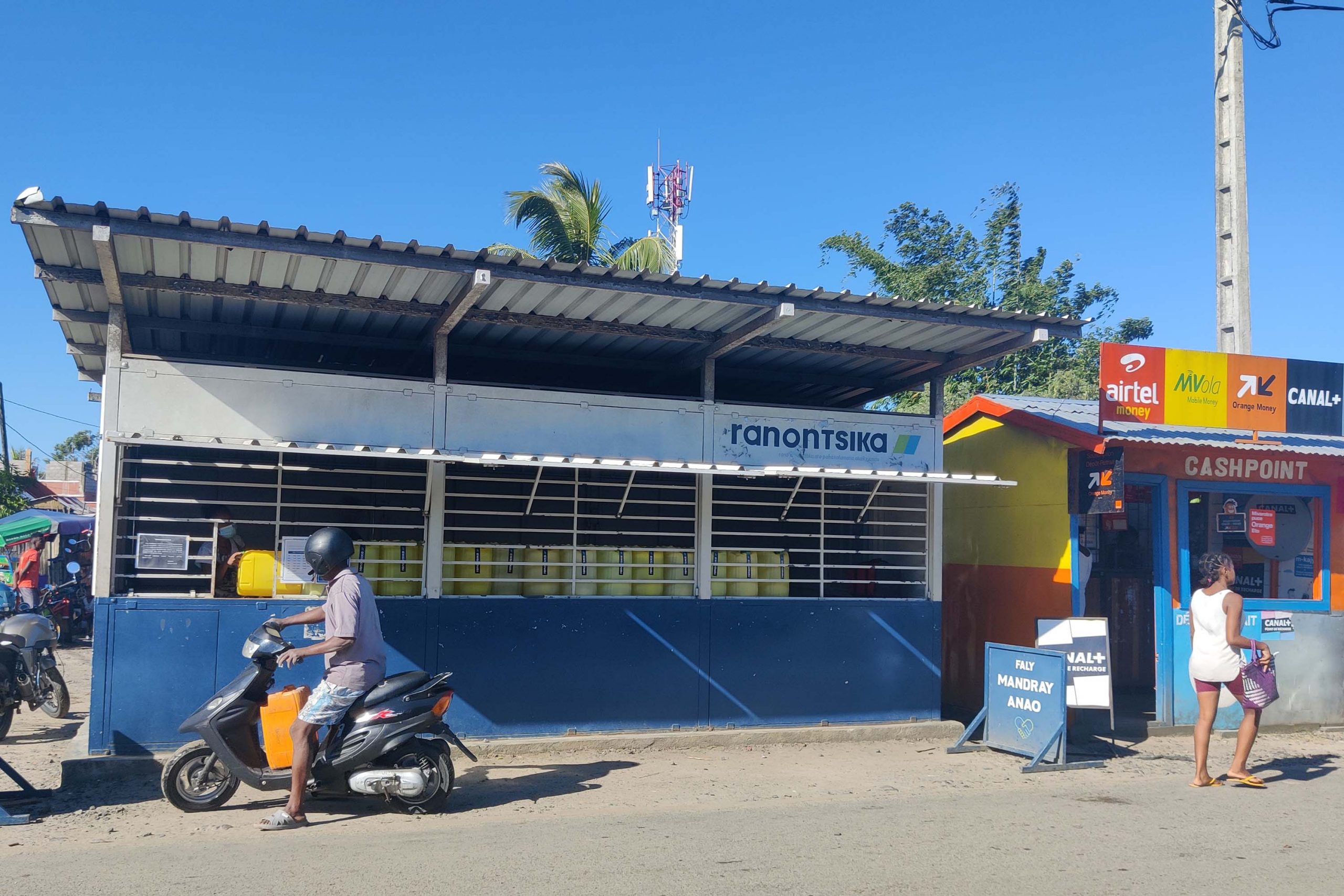
In urban areas, larger water production units serve decentralized points of sale, reaching out to vulnerable populations through specific distribution channels.
Our 2030 ambition: Create systemic change in at least five countries and reach 10 million beneficiaries
Beyond opening and operating water kiosks, 1001fontaines will strive to build catalytic partnerships and influence public policies in order to improve the overall quality and sustainability of safe water services .
We believe our strategy is achievable because we have, under the leadership of Jean-François Rambicur, demonstrated the operational credibility and the scale potential of our model. It is now our duty to bring it to the next level of sustainable impact !
Yves Bernaert
1001fontaines Chairman

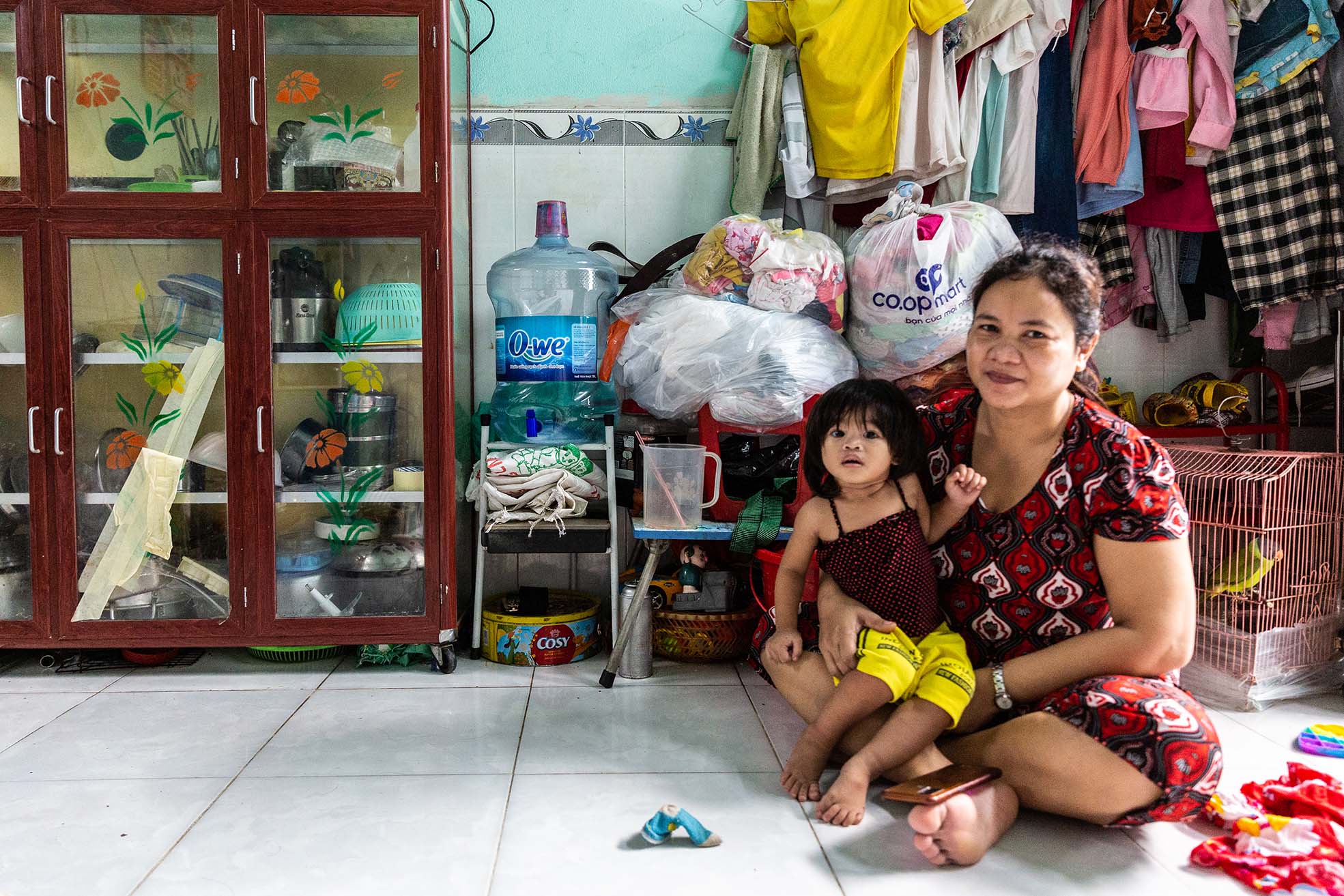
In 2021, we’ve made great progress towards building sustainable and inclusive water services
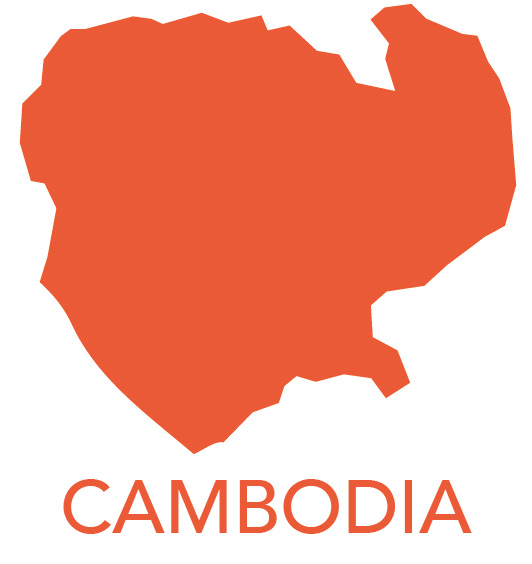
A new program was launched for families living below the poverty threshold. In each commune where we have an operating water kiosk, 50 households were provided with a free 20L bottle and subsidized safe water refills for a period of three months, enabling them to access this essential service during the peak of the COVID-19 pandemic. 13,200+ households benefited from this program across the country.
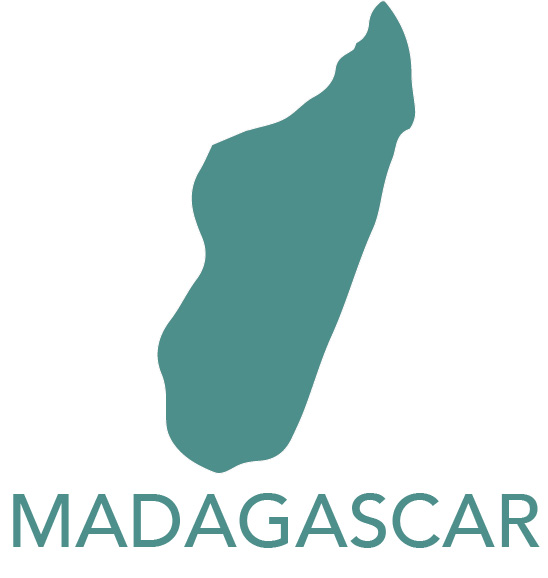

The “Hydrate, Feels Great” program aims at providing free safe drinking water to poor sickle cell patients, for whom dehydration can cause pain attacks and accelerate progression of the disease. 100 sickle cell patients are currently supported.

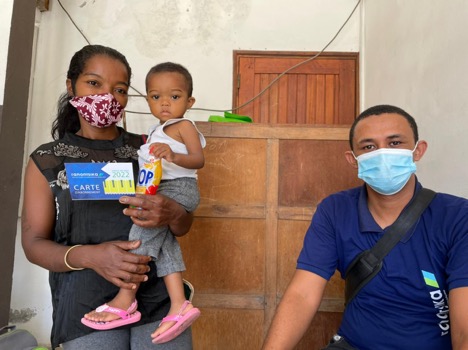
“My son has not suffered from any acute pain crisis since he started drinking Ranonstika water. He drinks more frequently as he finds it much tastier than the previous water I used to give him.”
Mother of Yerouan
Beneficiary of the “Hydrate, Feels Great” program
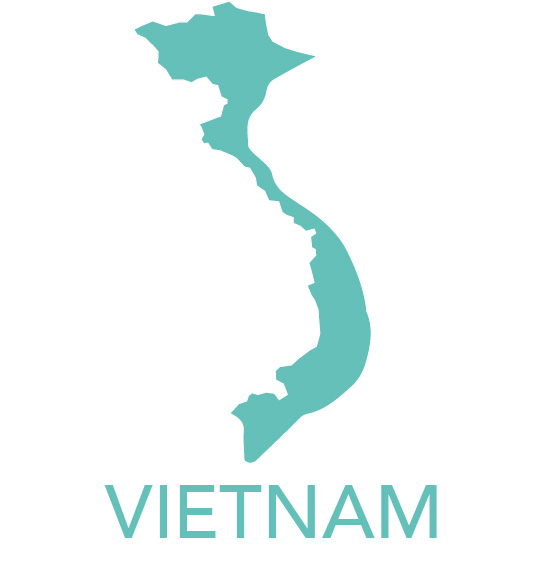
We developed a specific partnership program called “Water for Workers”. This turnkey initiative works with factories to provide safe water to their workers, both in the workplace and through deliveries to their homes, and by raising awareness of the importance of safe water. Thanks to this program, 2,000 workers gained access to safe water.
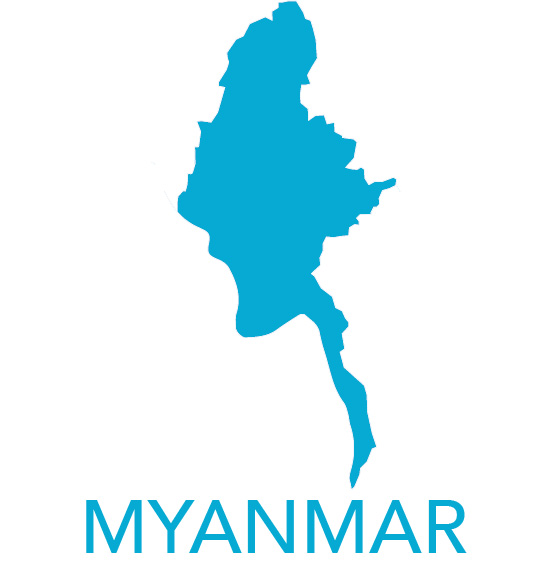
The coronavirus continued to circulate actively, and the local situation became very uncertain politically as a result of a military coup in February 2021.

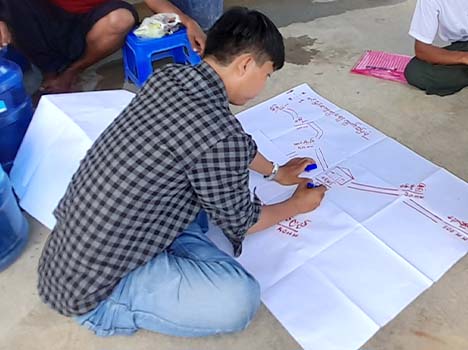
“Our main objective was to maintain all the water kiosks open so that communities could continue drinking safe water. We had to innovate due to the pandemic, with identification of focal points in each village where we could deliver the water without going from door to door. Awareness sessions and supply of health prevention materials helped a lot to have the population understand we were here to support them.”
Aung Aung Oo
Field facilitator
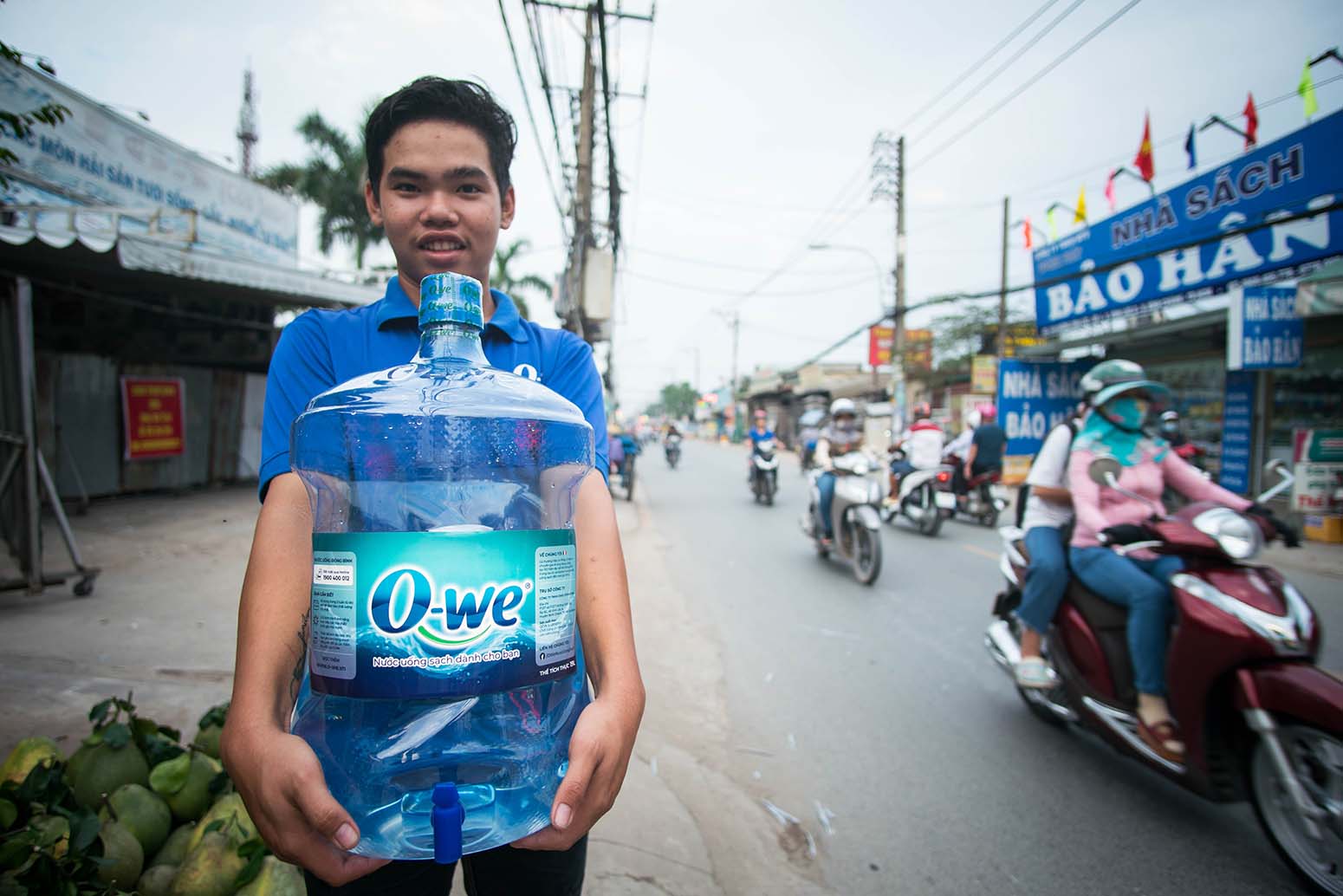
Our global footprint
We have proven our model in Cambodia, achieving nationwide impact and financial sustainability.
Today, we have 3 ongoing programs in Madagascar, Myanmar and Vietnam, where we are demonstrating the full replicability of our model and its capacity to be adapted to different local contexts.
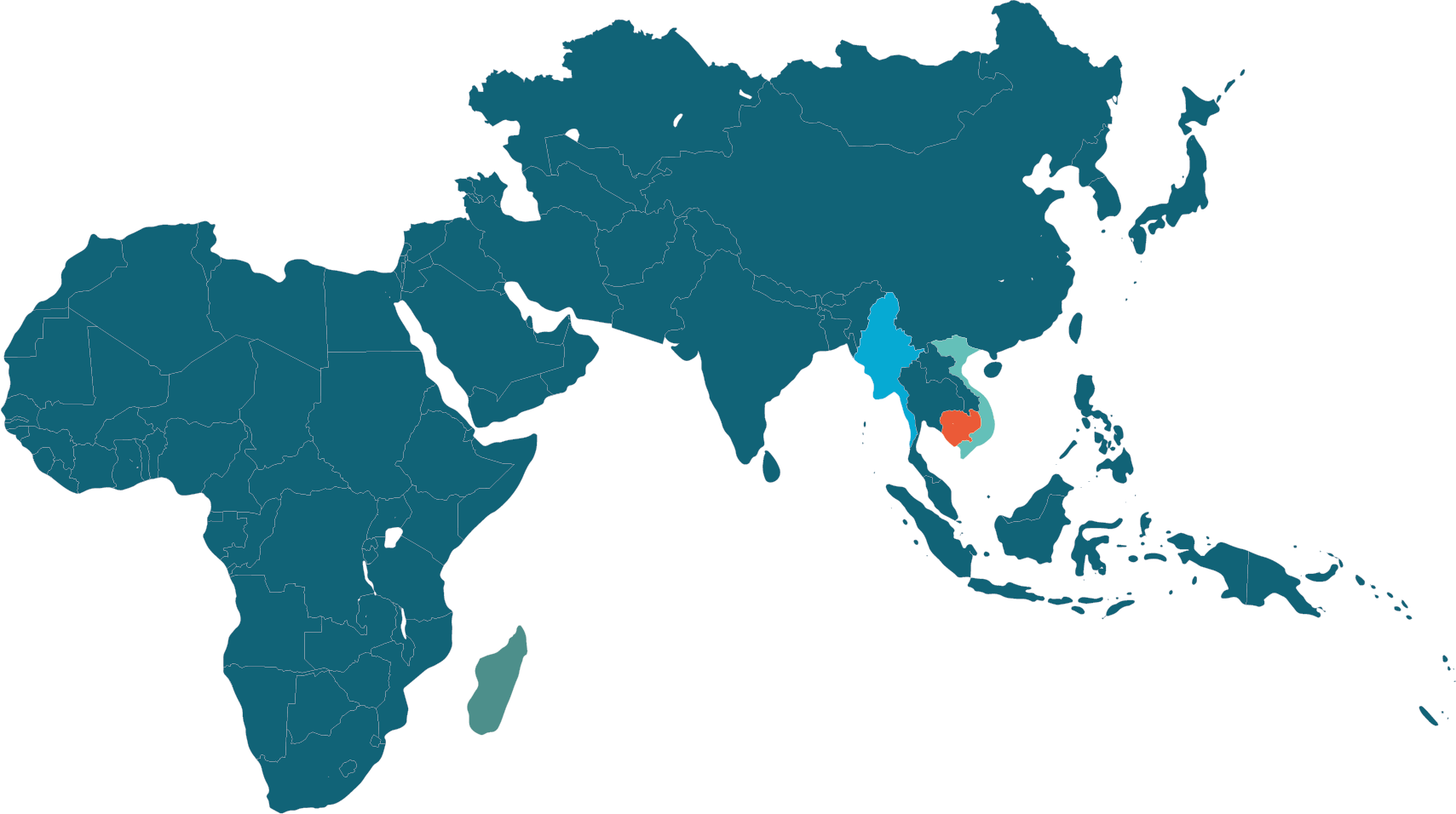
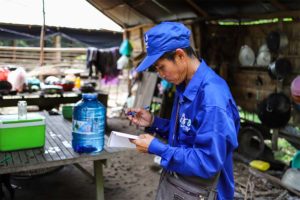
CAMBODIA
- 850,000 consumers
- 270 water kiosks in operation
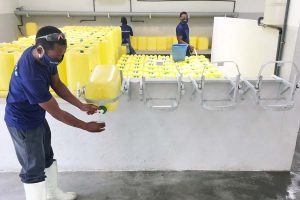
MADAGASCAR
- 30,000 consumers
- 15 water kiosks and 1 large production unit
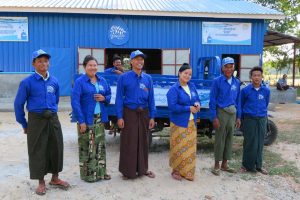
MYANMAR
- 3,500 consumers
- 3 water kiosks
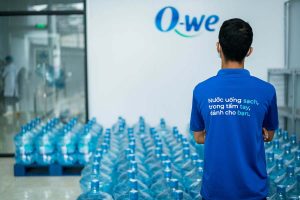
VIETNAM
- 14,000 consumers
- 1 large production unit
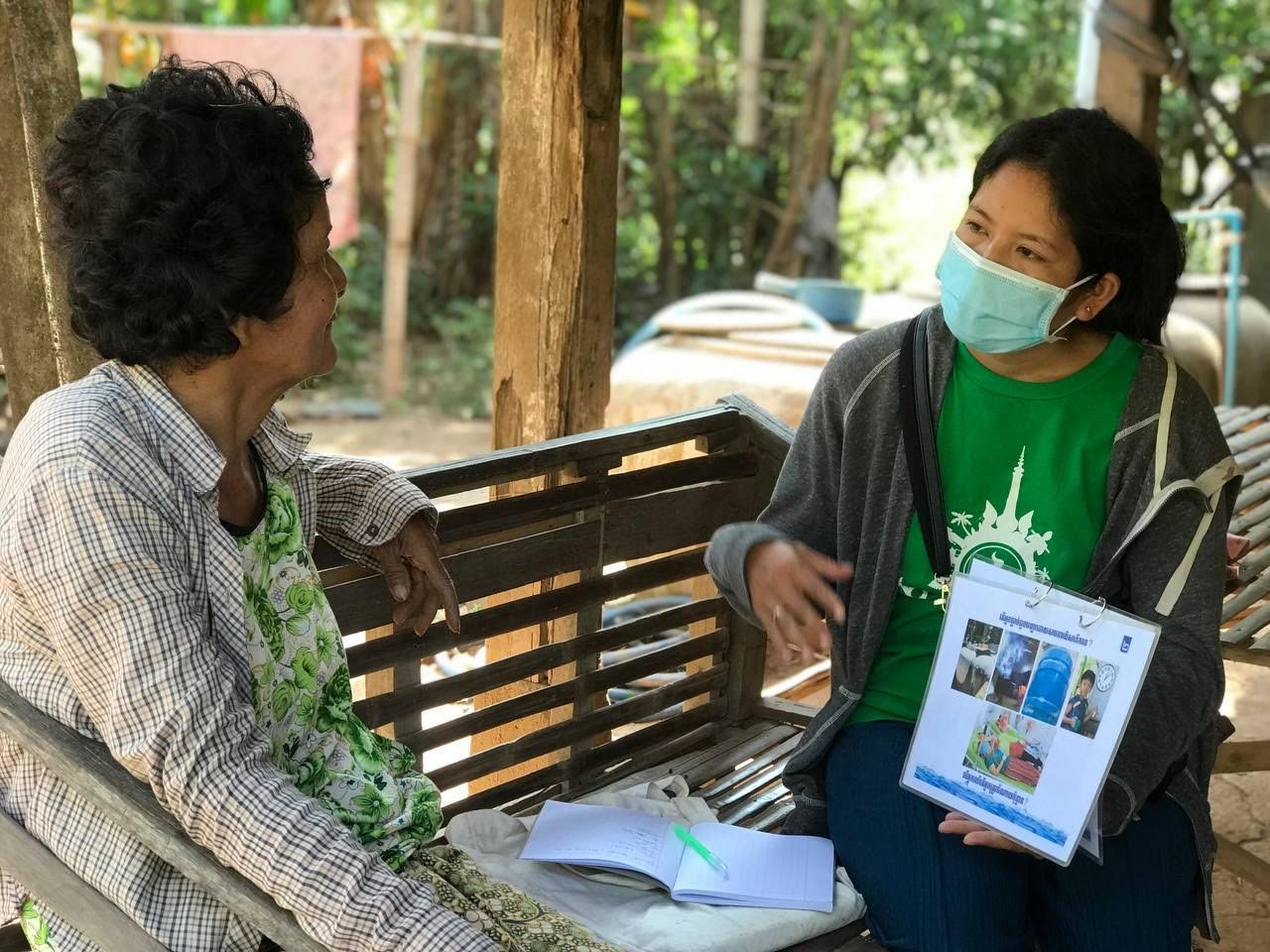
A holistic contribution to the Sustainable development goals
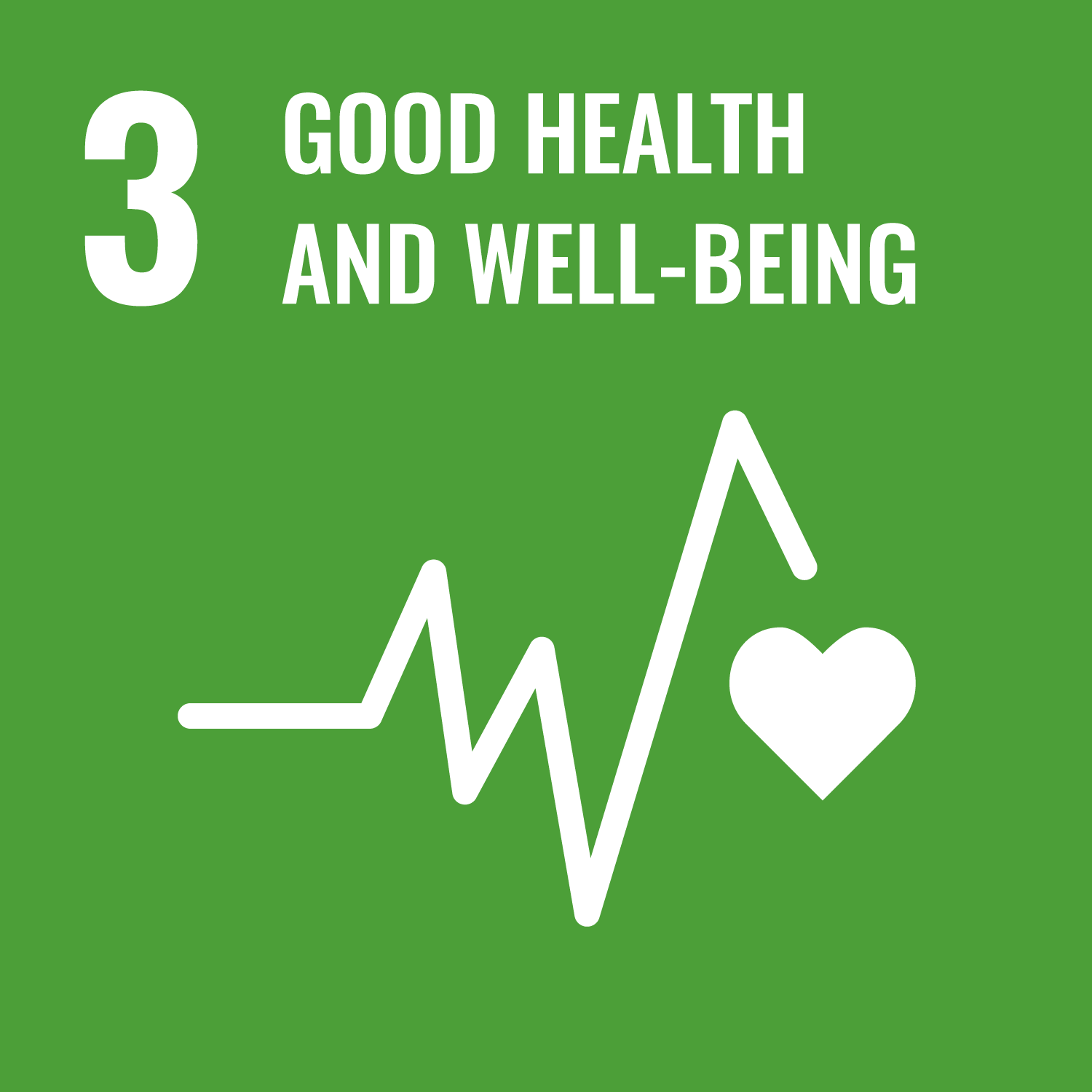
Up to 62% decrease in diarrhea occurence
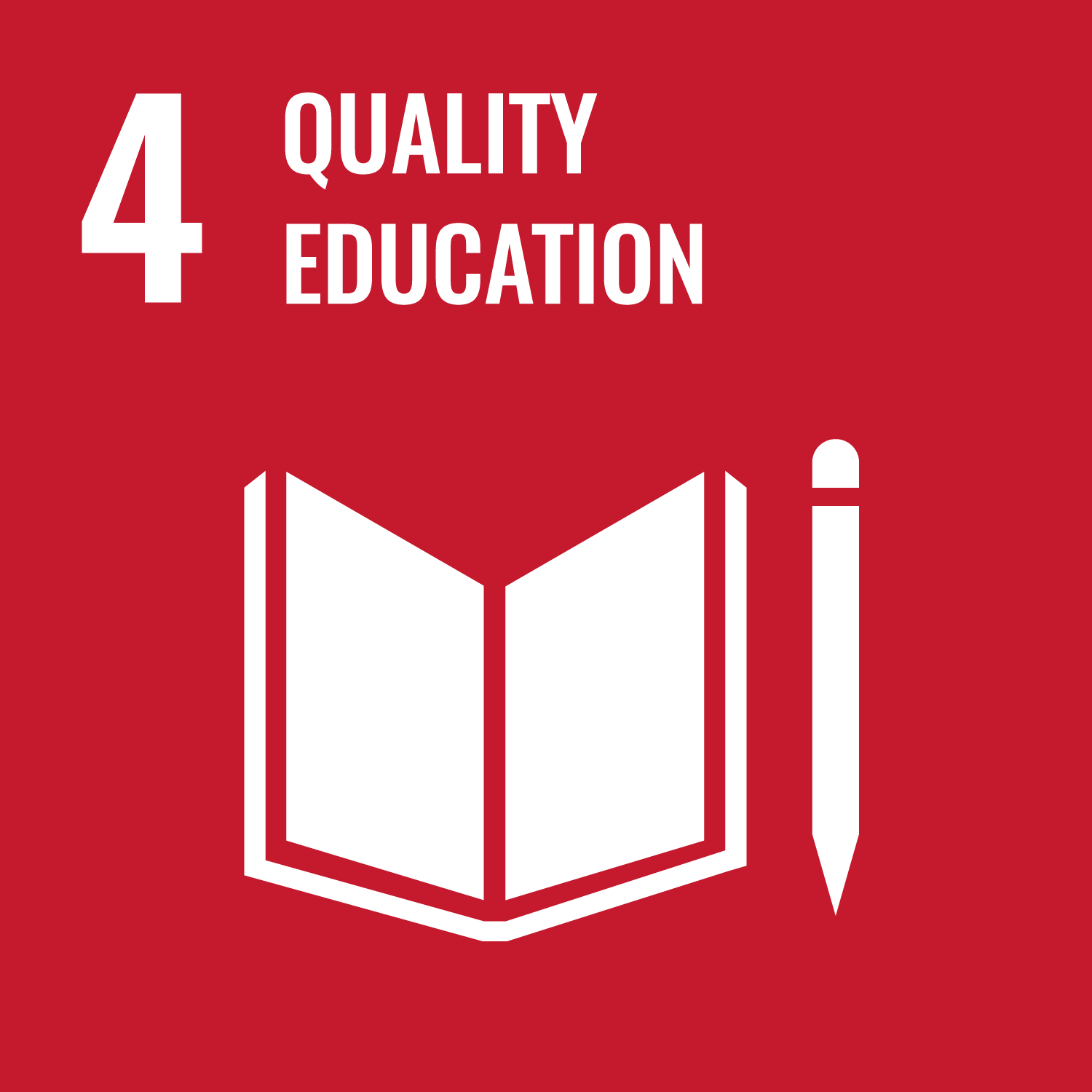
An average of 65% decrease in school absenteeism
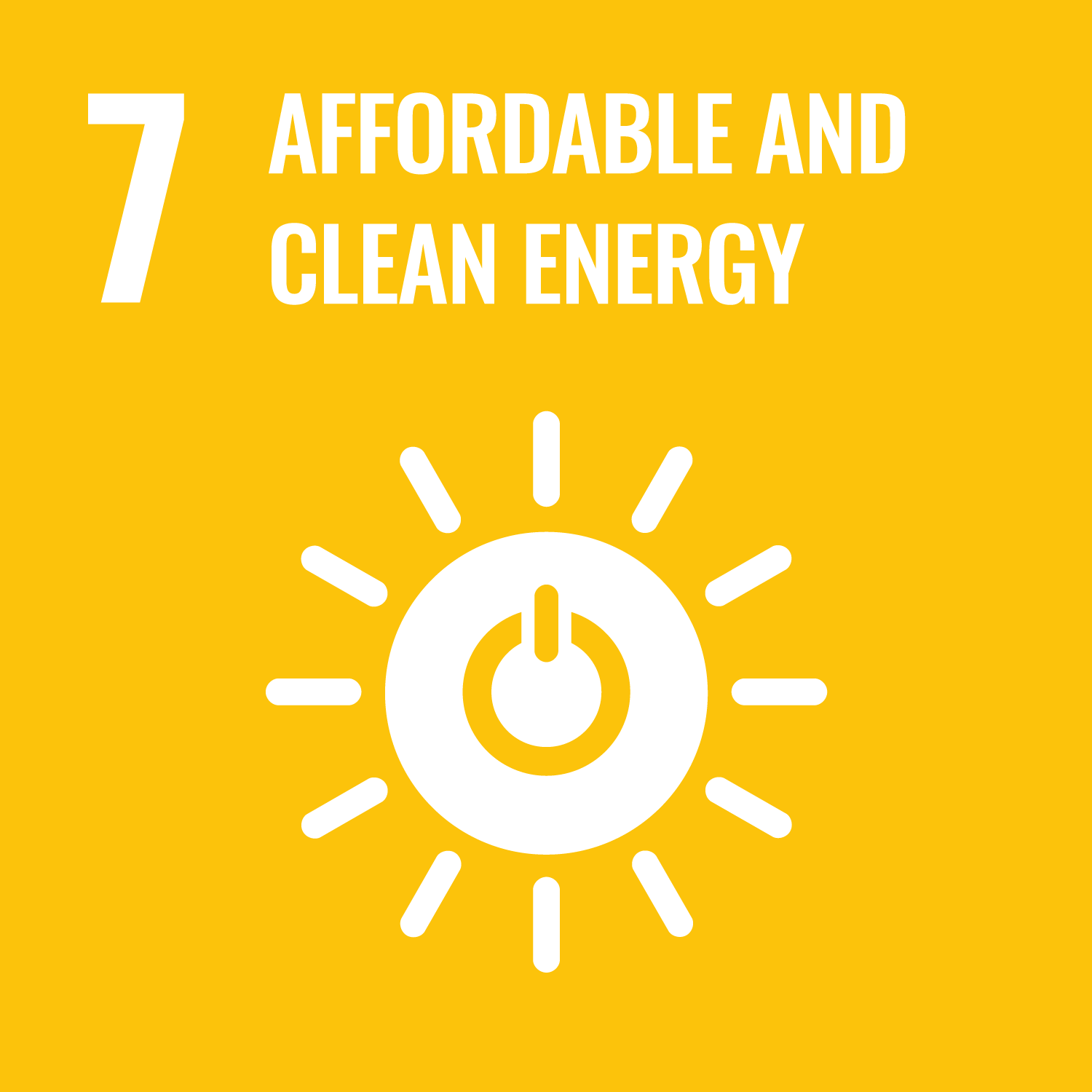
70t of CO2 avoided per kiosk per year
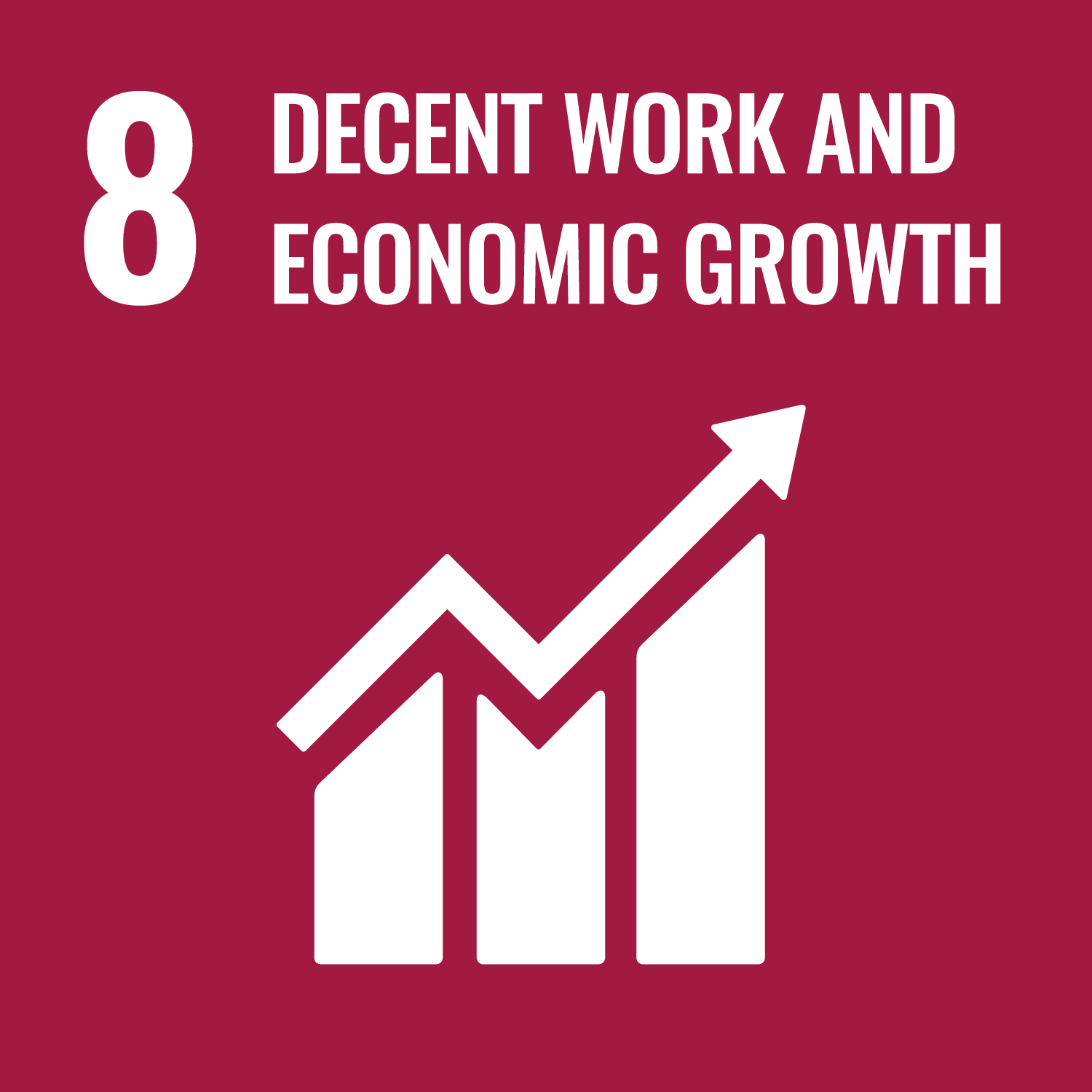
1,000+ jobs created
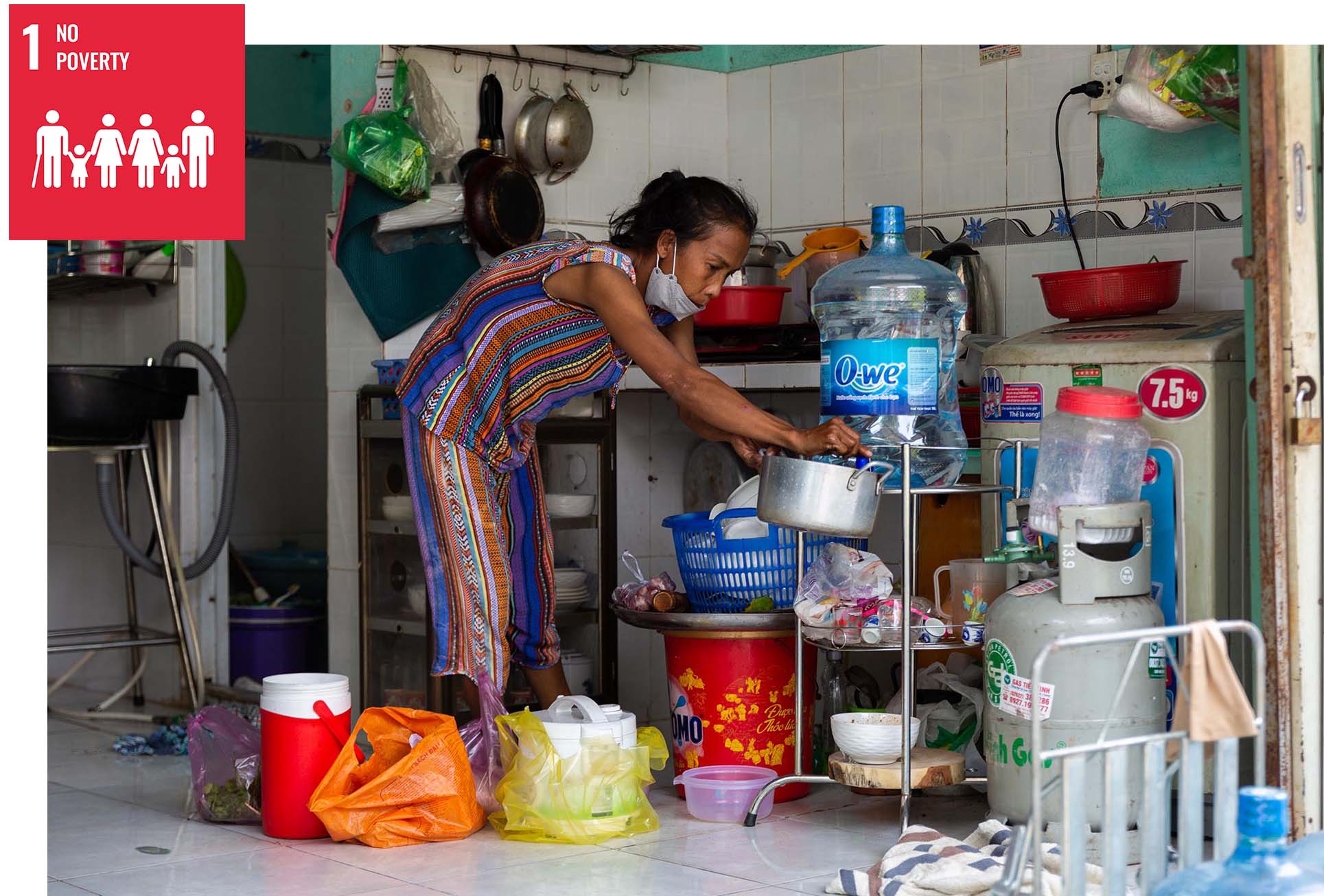
SDG 1: Ensuring access to affordable essential services
“I’m aware that drinking low price water every day can be risky for my health and my children’s, but I’ve no real choice, I cannot afford more. The qualitative brands are way too expensive for us. With O-We, it is different: it is very professional, clean and it looks like they operate like the big brands but it remains really affordable and for all budgets.”
Mrs Thao, Consumer, Ho Chi Minh City, Vietnam
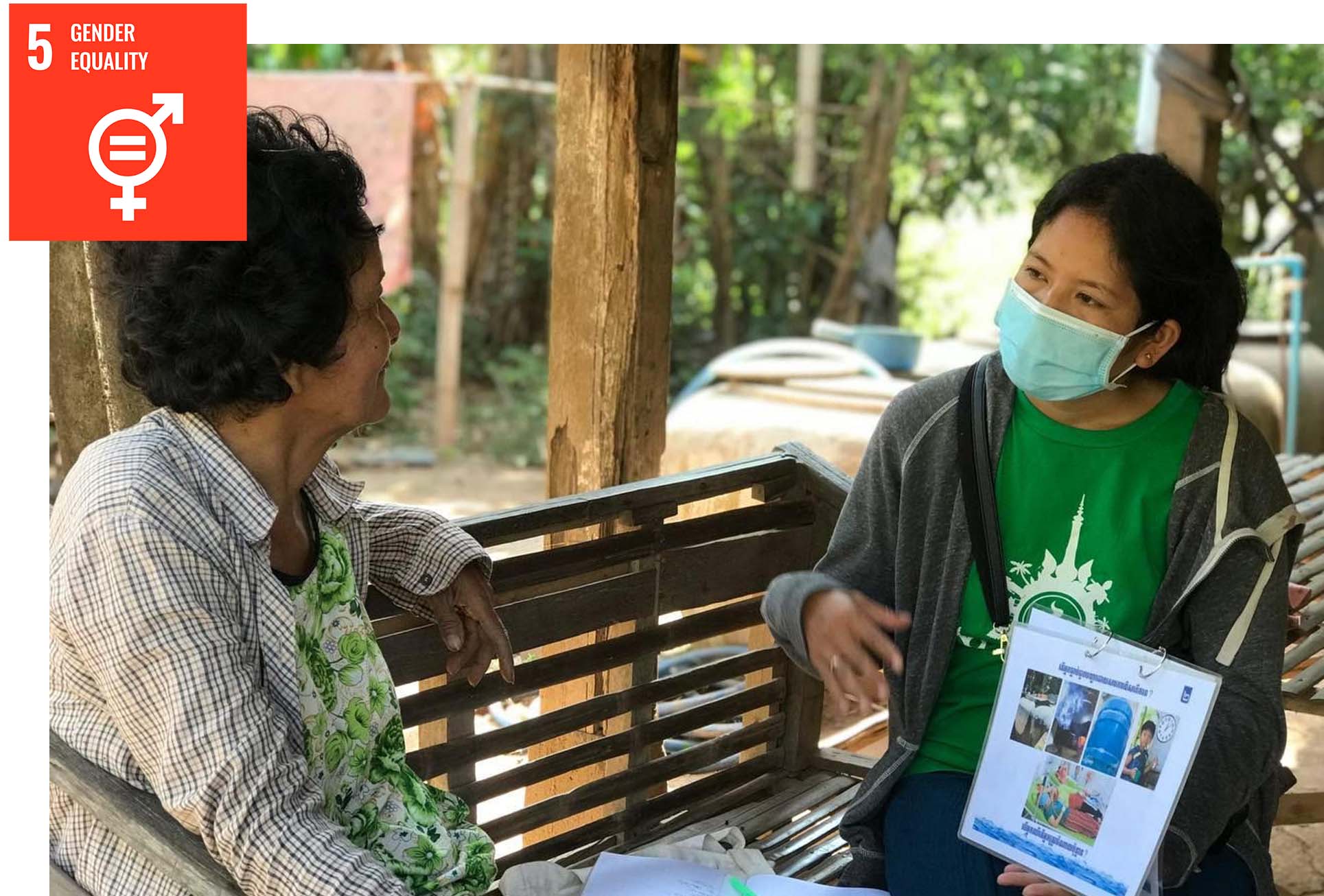
SDG 5: Empowering women to generate behavior change
“I became an O-We Lady in December 2021, which means I work with the water kiosk entrepreneur to recruit new consumers. I mostly spend time with the families, listening to their behaviors and aspirations when it comes to fulfilling safe drinking water needs. I learned a lot on how to understand their day-to-day priorities in order to highlight the specific assets of O-We water that will convince them to drink it.
Working for the water kiosk is an opportunity for me to develop new skills and make a living from a mission that benefits my community’s health – as a mother, this is what I value the most.”
Sreng Vanna, O-We Lady, Kampong Siem province, Cambodia
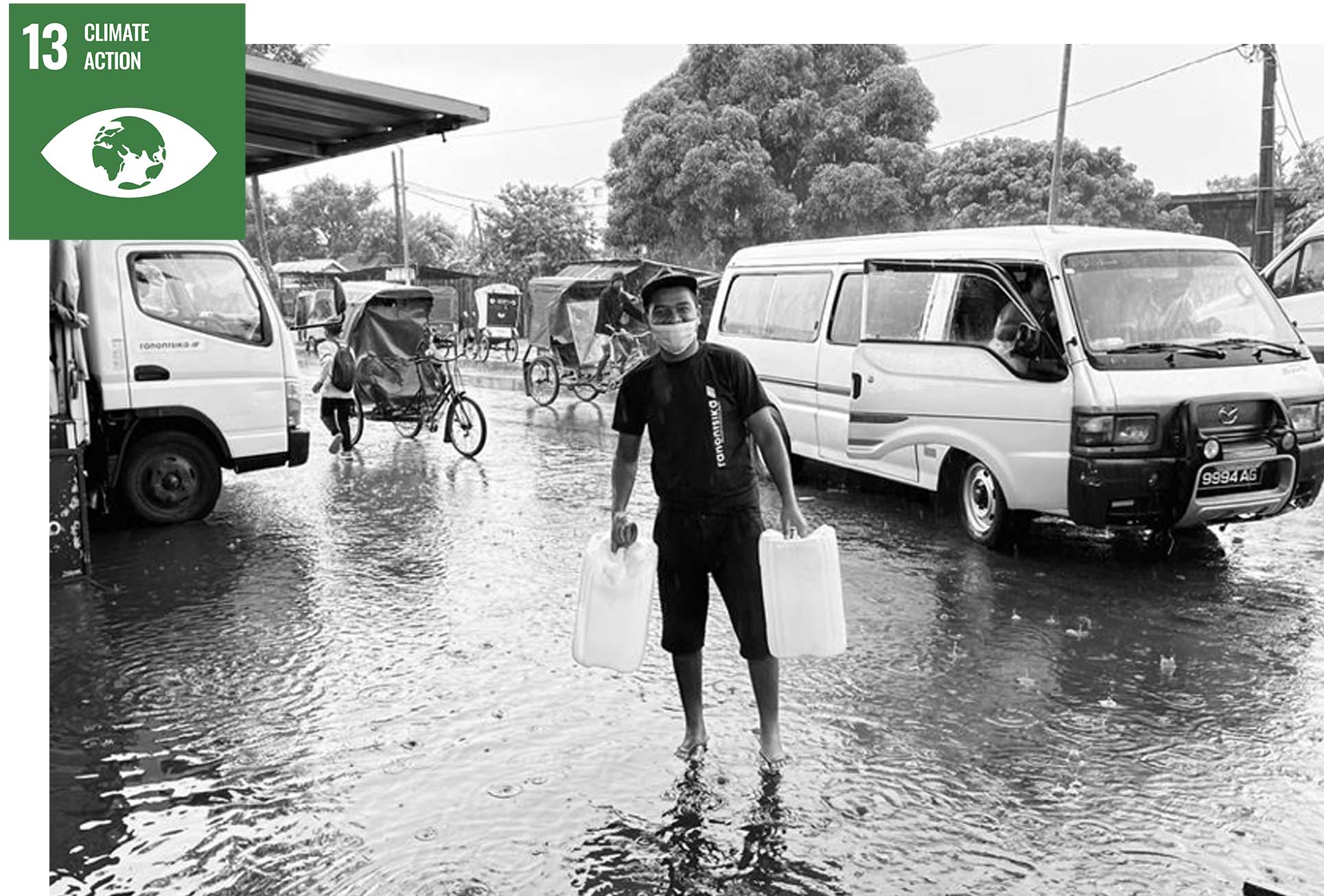
SDG 13: Building climate-resilient solutions
“In Madagascar, we sometimes face one storm per week for a month or more. At the end of 2021, the city of Tamatave was fully flooded, and people feared they would lack access to essential services such as safe drinking water. We had to produce many more jerricans than usual, with people queuing for hours in front of my kiosk. I am proud that we could continue serving them in such an extreme situation.”
Ginot, Urban kiosk manager, Tamatave, Madagascar
Reaching SDG6 by 2030: advocating for systems change
1001fontaines seeks to foster systemic impact through public policy influence. Our first main piece of work was prepared in 2021 as a joint initiative with other Cambodian water stakeholders: WaterAid Cambodia, KWSH, and GRET. This consortium of organizations researched and advocated for the need to focus on the complementarity of piped supply and bottled water kiosks to achieve universal access to safe water in Cambodia, and outlined key recommendations for the government to unlock the potential of these solutions.
Thanks to our partners
We would like to thank each and every one of them for their trust and their many contributions to 1001fontaines over the years. It is they, who have made our 2021 achievements possible and we sincerely acknowledge our gratitude to all of them.
